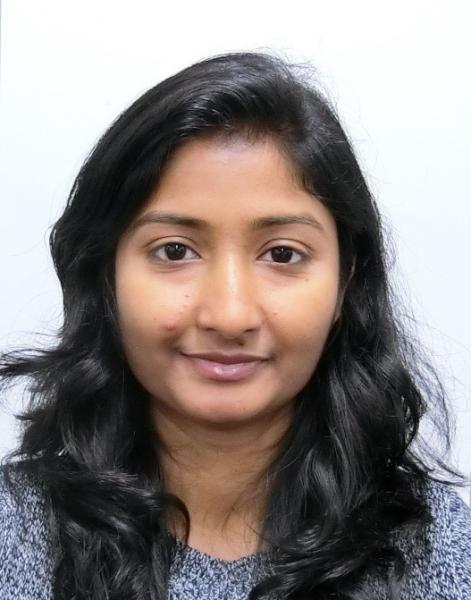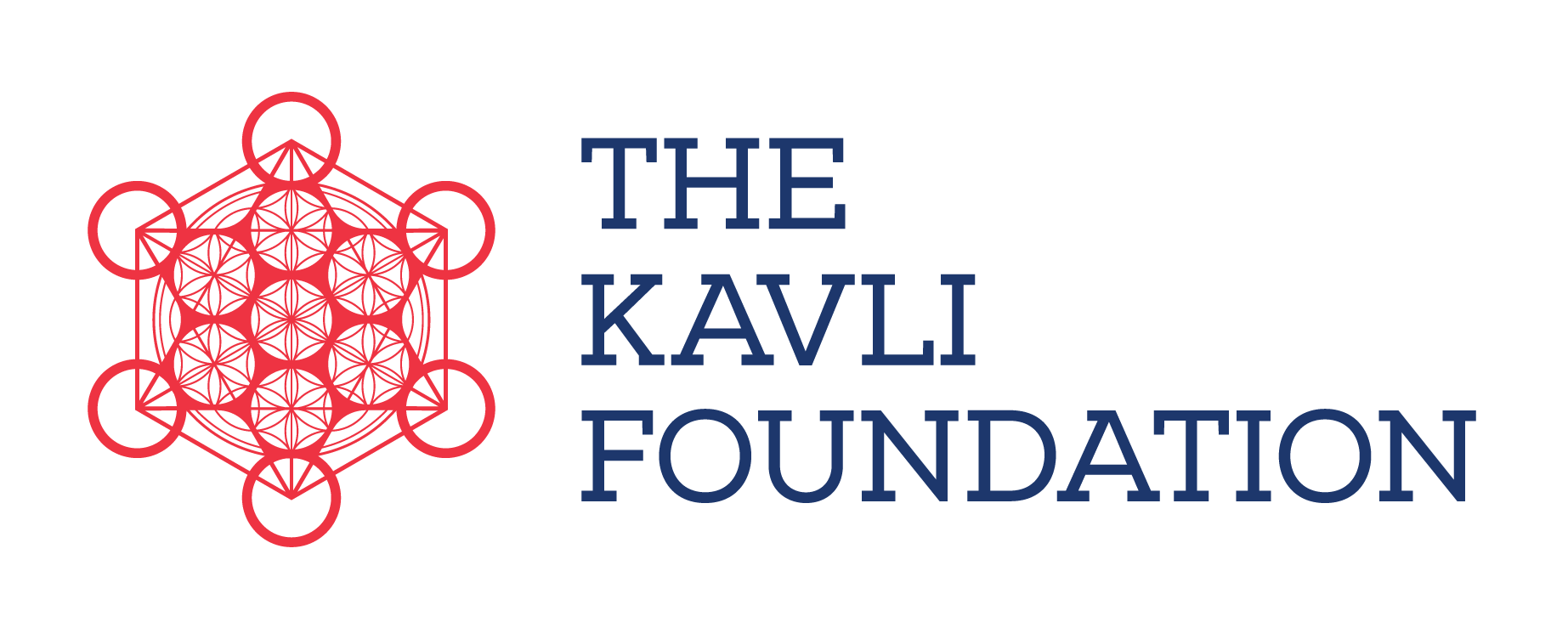May 9, 2019
Updated: August 5, 2019
Kavli Institute for the Physics and Mathematics of the Universe (Kavli IPMU)
Enjoy a cup of tea or juice while interacting with scientific experts in our upcoming Science Cafe series.
The Kavli IPMU is proud to announce the dates for our annual Science Cafe series "Universe", co-hosted with the Tamarokuto Science Center. This year's events will be held on Jun 22 (Sat) and Sep 21 (Sat). Event will be in English.
Interested in testing you knowledge of the latest advances in particle physics and astronomy? We look forward to seeing you there. Pre-registration is required.
Science Cafe 2019 "Universe"
Date & Time: 14:00 - 15:30 September 21 (Sat)
Venue: Tamarokuto Science Center, Event Hall
 How do we know what we know today : From Collider to Dark Matter
How do we know what we know today : From Collider to Dark Matter
Speaker: Ipsita Saha (Kavli IPMU Project Researcher)
Difficulty level: Recommended for junior high school students and above (the lecture itself has been made with high school level science knowledge in mind. The lecture will be in English with no interpretation services available on the day)
Seats: 48 (prior registration required. If the number of registrants exceeds the number of seats, participants will be drawn from a lottery. Please not you will not be able to enter the room without prior registration)
Admission: Free; 500JPY Admission Fee to enter Tamarokuto Science Center is required. Junior and high school student participants can enter the science center for free)
Introduction
Our Universe has evolved in an enormous way in the last 14 Billion years and we are still to unfold many of its secrets. However, the knowledge that we have gained so far is fascinating. In this talk, I will explain the physics that has enabled us to enhance our insights on the various aspects of our Universe, starting from its evolution to its content. I will discuss the contribution of elementary particle physics towards the discoveries that we made and the researches that are being made to understand the nature of our Universe deeply. Furthermore, I will also briefly discuss the frontiers of particle physics, such as the searches at the collider experiments and searches related to the Dark Matter.
About the speaker:
Saha joined Kavli IPMU in 2018 as a project researcher. Her field of expertise is Particle Theory.
Date & Time: 17:10 - 18:40 June 22 (Sat)
Venue: Tamarokuto Science Center, Science Egg & Event Hall
 How fast is the Universe expanding?
How fast is the Universe expanding?
Speaker: Kenneth Wong (Kavli IPMU Project Researcher)
Difficulty level: Recommended for junior high school students and above (the lecture itself has been made with high school level science knowledge in mind. The lecture will be in English with no interpretation services available on the day)
Seats: 60 (prior registration required. If the number of registrants exceeds the number of seats, participants will be drawn from a lottery. Please not you will not be able to enter the room without prior registration)
Admission: Free; 500JPY Admission Fee to enter Tamarokuto Science Center is required. Junior and high school student participants can enter the science center for free)
Introduction
One of the most incredible discoveries in modern astronomy is the fact that our Universe is expanding. Even more surprisingly, the rate of expansion is not slowing down over time, as we might expect due to the effect of gravity, but is actually speeding up. We have no confirmed explanation for this phenomenon, which astronomers refer to as "dark energy". Even though we don't know what dark energy is, we have been able to measure how it behaves and have come up with a model of the Universe that has been very successful at explaining many of our observations. However, recent measurements of the expansion rate, represented by the "Hubble constant" (H0), have led to a controversy among astronomers. Observations of a special class of supernova (exploding stars) can be used to measure H0 in the nearby Universe. An independent way to measure H0 in the very distant Universe relies on observations of the "cosmic microwave background" (CMB), which is the light from the very early Universe just after the big bang. The value of H0 from these two methods do not agree, and if this discrepancy is confirmed, it indicates that our model of the Universe may be wrong and suggests new physics that we have yet to explore. I will talk about the history of these measurements and the different ways of measuring H0, including my own work on this topic, as well as possible solutions to the discrepancy.
About the speaker:
Wong joined Kavli IPMU in 2018 as a project researcher. His field of expertise is astronomy.






